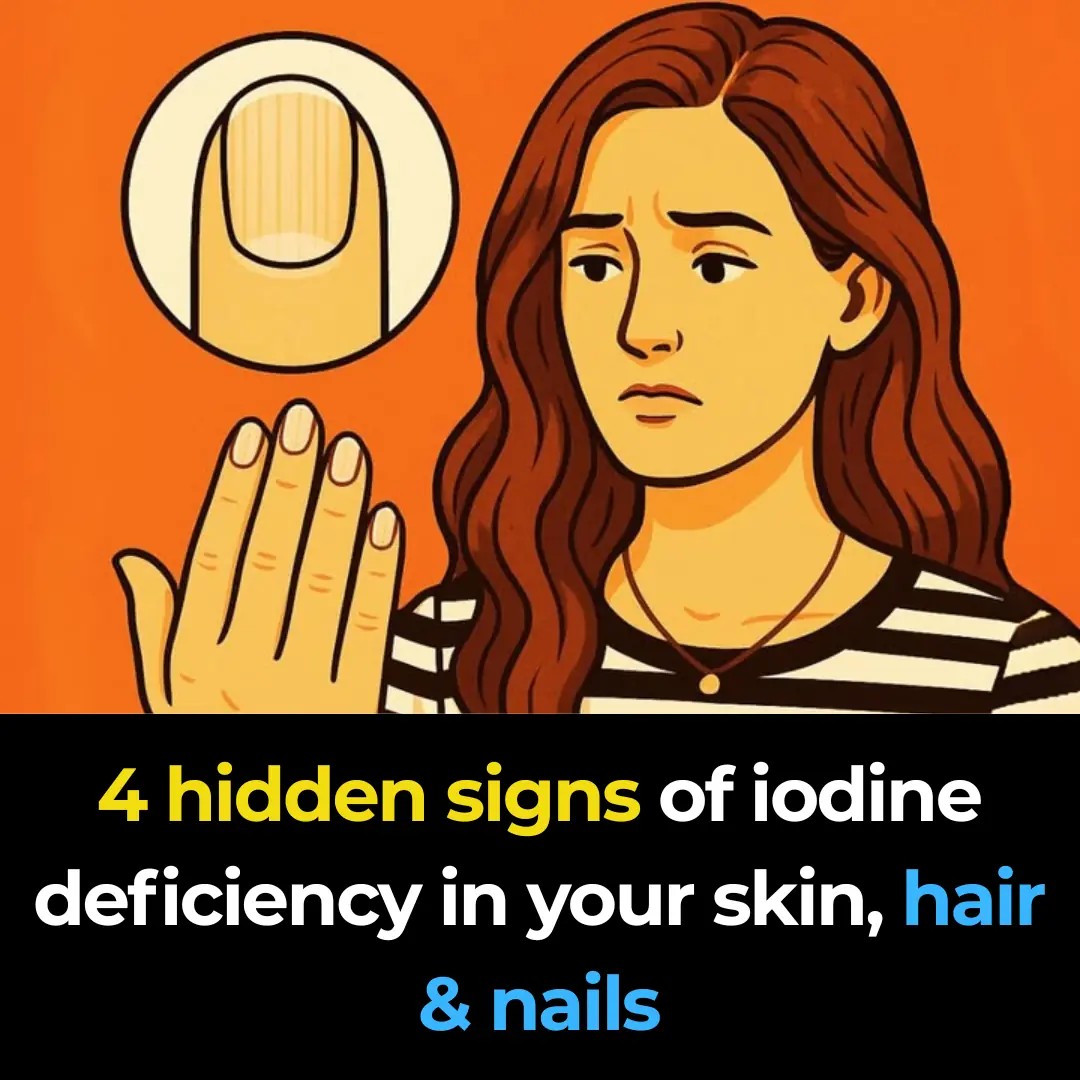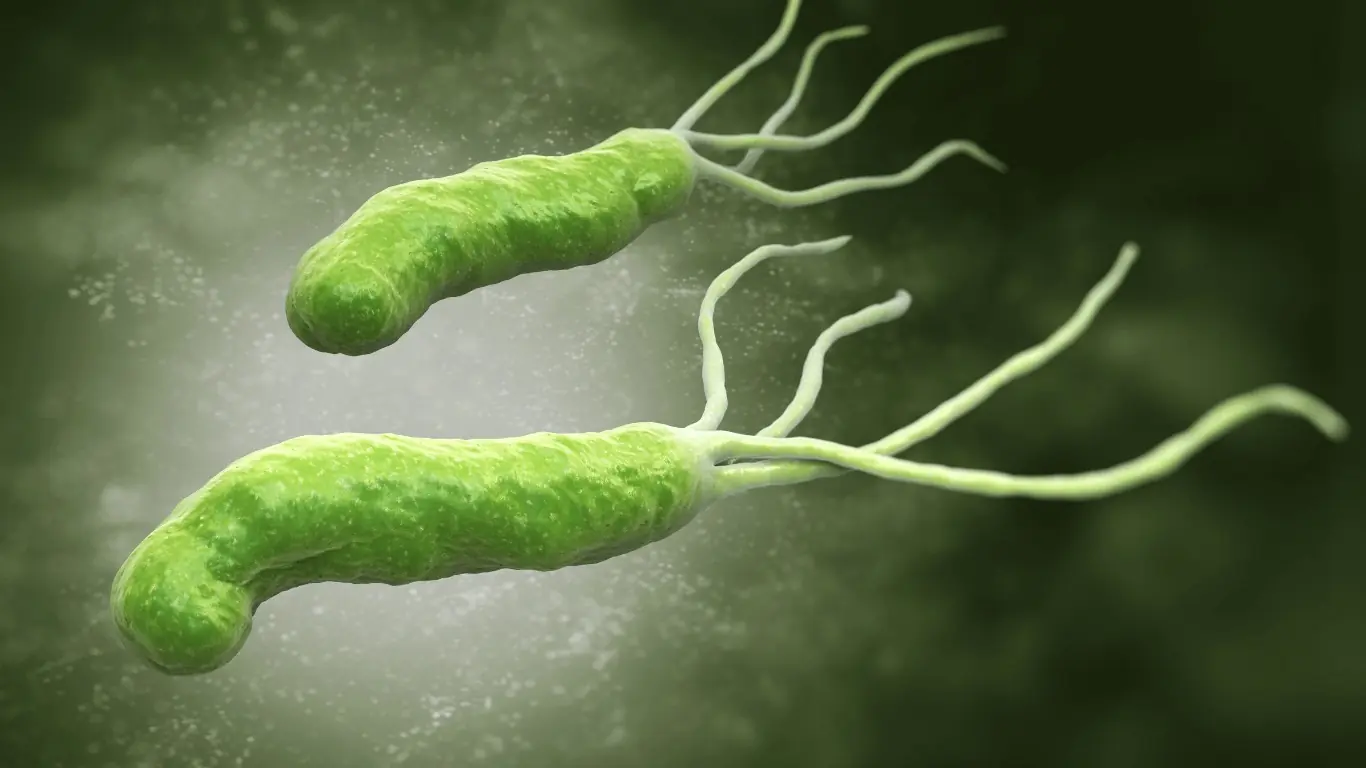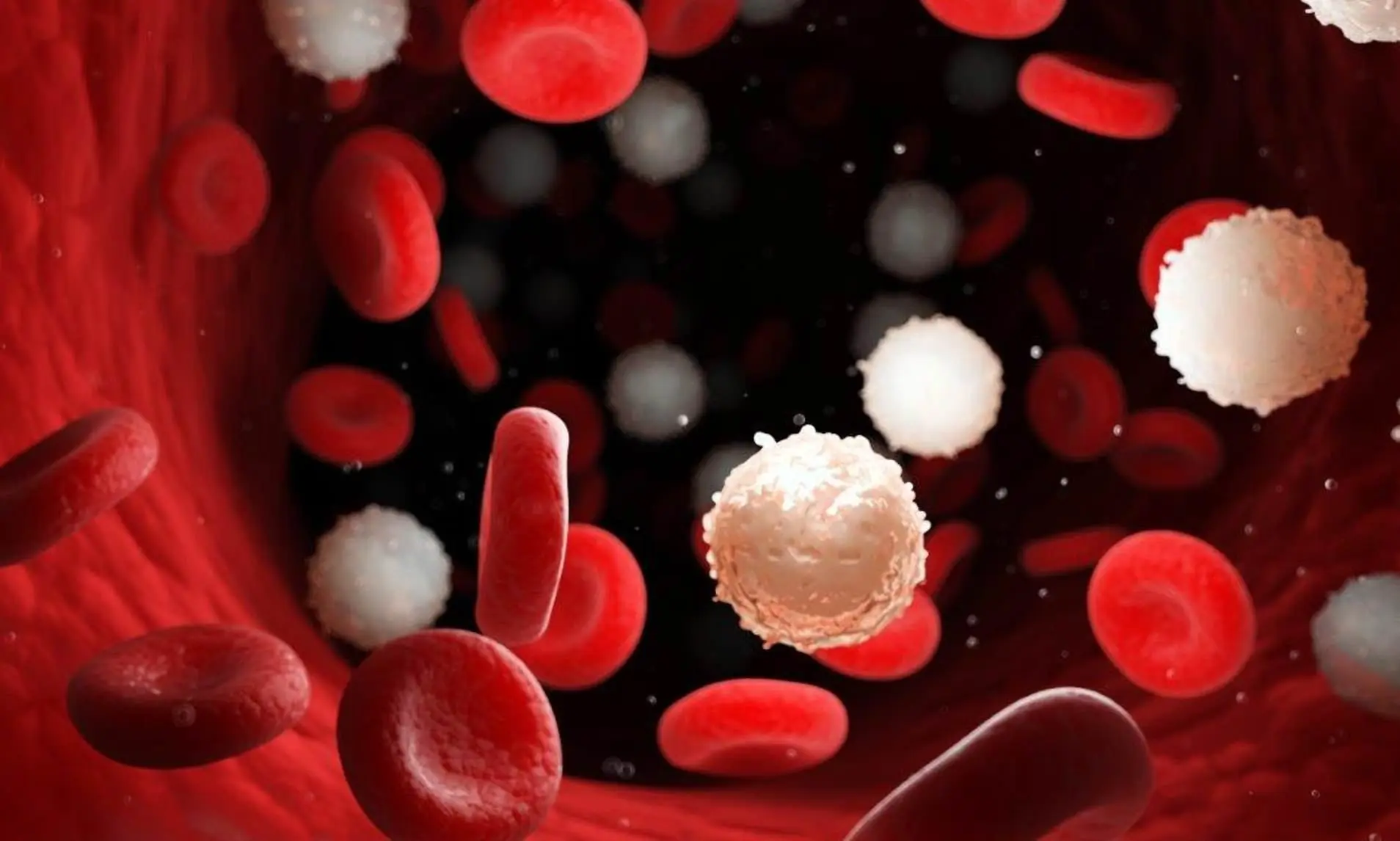
3 habits that "poison" the liver that many people often do without knowing, in the long run liver cancer will "come knocking at the door"
The Liver – The Body’s Largest Metabolic and Detoxifying Organ
The liver is the largest organ responsible for metabolism and detoxification in the body. Its main function is to detoxify, helping the body eliminate waste and excess toxins, thereby maintaining physical health and physiological balance. In addition, the liver stores and regulates blood, secretes bile and proteins, and participates in intestinal motility and digestion.
The greatest difference between the liver and other organs is its remarkable ability to regenerate and repair itself. Even if half of the liver is surgically removed, it can return to its original state through its strong regenerative capacity.
However, advantages always come with disadvantages. The biggest drawback of the liver is that it has very few sensory nerves. This means many patients with liver disease may not experience any pain, even when suffering from serious liver conditions such as liver cancer. This delays early detection of liver cancer, causes missed opportunities for timely treatment, reduces treatment effectiveness, and leads to poor survival prognosis. By the time the disease is discovered, it is often in the middle or late stages and cannot be cured.
Harmful Habits for the Liver You Should Quit as Soon as Possible
According to Sohu, these habits are considered "poison to the liver," increasing the risk of liver cancer that you need to avoid:
1. Alcohol Addiction
Having the habit of drinking alcohol, especially long-term alcohol addiction, significantly increases the risk of liver damage and liver diseases, including alcoholic liver disease, hepatitis that progresses to cirrhosis, and liver cancer.
Symptoms of alcoholic liver disease vary from person to person, depending on the extent of liver damage and the stage of the disease. In mild alcoholic hepatitis, there may be no specific symptoms. However, as damage becomes more extensive and severe, patients may experience: loss of appetite and taste; persistent fatigue and weakness; nausea and vomiting; swollen legs and abdominal bloating; prolonged low-grade fever; increased tendency to bruise or bleed; yellowing of the skin and eyes; and changes in mental status such as confusion or coma.
2. Staying Up Late Frequently
Staying up late has become a common lifestyle habit among young people. Occasional late nights may not affect the liver, but frequent late nights—especially between 1:00 a.m. and 3:00 a.m.—greatly increase the risk of liver disease.
In traditional medicine, 1:00–3:00 a.m. is considered the prime time for the liver’s natural detoxification. If the body is not at rest during this time, detoxification efficiency is reduced. Over time, waste and toxins accumulate more in the liver, adding to its burden and eventually leading to liver damage and disease.
3. High-Fat Diet
A diet high in fats, such as fatty meats, animal organs, fast food, and fried or grilled dishes containing trans fats and saturated fats, increases the risk of liver disease, especially if consumed frequently over a long period.
This is explained by the fact that cholesterol and fats in these foods increase the liver’s metabolic burden, raising the risk of fatty liver disease caused by excessive fat accumulation. Common symptoms of fatty liver include: dark yellow urine; pale stools; frequent itching and hives; fatigue; yellowing of the skin and eyes; nausea and vomiting; and loss of appetite. If not addressed, fatty liver can progress to cirrhosis, leading to complications such as swelling and abdominal distension.
News in the same category


Just by looking at the spot on the crab's shell, 100% of the meat is packed to the brim, with my husband and children praising it non-stop.

These familiar fruits help improve sleep, especially number 1, which is both affordable and delicious.

Don’t Wash Your Wooden Cutting Board with Soap When It’s Moldy: Try This Simple Method to Make It Spotless in Just 5 Minutes

Mixing Essential Balm with Toothpaste: A Handy Tip Everyone Should Know, Both Men and Women Will Want to Follow Once They Discover It

Toilet paper should be thrown in the trash or toilet

Take meat from the freezer, it's hard as a brick, add a few drops of this for 5 minutes and it will be soft and fresh, ready to cook.

When eating grapefruit, remember not to throw away the peel: It has 4 great uses that everyone loves.

Onion Miracle: The Surprising Home Remedy to Heal Cracked Heels Fast
Instead of relying solely on expensive creams or chemical-laden treatments, try turning to onions—a natural, budget-friendly, and surprisingly effective home remedy.

7-Day Miracle: The Natural Clove Remedy to Grow Thick Eyebrows and Long, Lush Lashes
Thick eyebrows and long eyelashes don’t need to come from artificial extensions or pricey treatments.

Put eggshells in a pan to dry roast, many great uses, save a lot of money

The air conditioner only has wind but is not cool. Doing this makes it 'cold'. No need to call a costly technician

The round hole on a kitchen knife has a special function. It's a waste not to use it.

Why do you leave soap in your car? Driver says it not only makes the car smell good but also saves lives

No matter how small your house is, don't put these 4 items next to the TV, otherwise you will suffer many disadvantages

Soaking water spinach is an old knowledge, when there is still danger, do it this way

Drink coconut water on an empty stomach for 7 days, kill 10 birds with one stone: it's a waste not to try it

When cooking rice, don't just add water, add these two things, the grains will be plump, sticky, and noticeably more delicious
News Post

Forget 10,000 steps: Scientists prove 7000 steps gives you ‘almost identical’ life-saving benefits

The Most Effective Natural Way to Remove Gallstones

4 hidden signs of iodine deficiency in your skin, hair & nails

Objects People Were Confused About Their Purpose

Little Pocket in Women’s Underwear

What are the benefits of aloe vera? Here are 11 uses of aloe vera for health and skin

Just by looking at the spot on the crab's shell, 100% of the meat is packed to the brim, with my husband and children praising it non-stop.

These familiar fruits help improve sleep, especially number 1, which is both affordable and delicious.

Goosegrass: Health Benefits and Uses

7 Benefits of Chewing Raw Garlic on an Empty Stomach

Here's why you should never sleep with the bedroom door open. FIND OUT MORE IN THE COMMENTS ⬇️

Don’t Wash Your Wooden Cutting Board with Soap When It’s Moldy: Try This Simple Method to Make It Spotless in Just 5 Minutes

Mixing Essential Balm with Toothpaste: A Handy Tip Everyone Should Know, Both Men and Women Will Want to Follow Once They Discover It

They Call It the Blood Sugar Remover: The 100-Year Remedy That Heals Kidneys, Cleans Cholesterol, and Fights Diabetes Naturally

Top 5 Amazing Tips for getting rid of Blackheads and Whiteheads

14 Items to Throw Away Right Now

Group finds spiky creatures in nest – shocked when they realize what they are

The Purple Maguey Plant — Benefits and Traditional Uses

How to Naturally Kill The Bacteria That Causes Bloating And Heartburn
